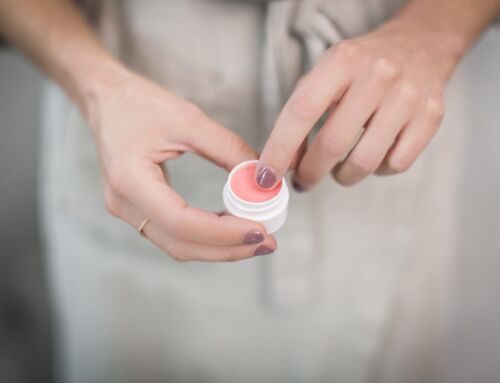Why you really should be taking a multivitamin
Why you really should be taking a multivitamin
One of the most common questions I get asked as a Naturopath is, “What’s the point of taking a multivitamin if I eat a well balanced diet?” To which I answer, “What does a ‘well balanced’ diet mean to you?”
Our standards for a well balanced diet are much lower than they used to be, and they continue to slip each year. A whopping 93% of Australians aged 18 and over do not eat the recommended five serves of vegetables each day, so while it’s true that you could be getting your nutrients from fresh food, the problem is that most of us don’t.
One of the easiest ways to address these deficiencies is by taking a high quality multivitamin, so I thought I’d take some time to dispel a few of the myths around multivitamins and explain why I believe they are one of the pillars of good health.
Aren’t fresh veggies the best source of vitamins?
While we Aussies pride ourselves on growing things locally, Australian soils are low in trace minerals, zinc, selenium and iodine. This, combined with the use of pesticides, increased pollution and selective breeding for commercial purposes, means our the nutrient quality of our fresh food is often poor.
Am I just making expensive urine?
If you’ve ever taken a multivitamin, you’ll probably be familiar with the bright yellow urine that often comes afterwards. This is actually quite normal and is a result of excess B2 vitamin, also known as riboflavin. Your body just excretes what it doesn’t need – it’s perfectly harmless. If the color bothers you, simply drink more water to dilute your urine.
Will taking a multivitamin send me over the recommended daily intake for nutrients?
In my opinion, the recommended daily intake (RDI) for many of the essential vitamins and minerals is woefully low, barely meeting the minimum levels your body needs to be healthy.
Isn’t taking a multivitamin every day overkill?
Most of the vitamins contained in multivitamins are water soluble, meaning your body absorbs what it needs to and usually excretes the excess in your urine. As these vitamins cannot be stored, your body needs a continuous supply through a steady daily intake, both through the foods you eat and the supplements you take.
I eat a well balanced diet, why do I need a multivitamin?
Apart from the fact that ‘well balanced’ is a subjective term, and most people don’t eat as well as they think they do, almost everyone can benefit from taking a multivitamin. They contain B vitamins, which are involved in so many different functions in the body, as well as selenium and iodine, deficiencies in which can lead to underactive thyroid among other problems.
Who should take a multivitamin?
Everyone! What’s most important is that you take a multi that is specific to your needs.
There are certain stages in life when you can benefit most from taking a multivitamin specific for you:
· When you’re stressed – the fast paced lives we lead today put a lot of stress on our bodies, whether you realise it or not. Multivitamins can help to support your body on a cellular level.
· Kids can benefit from taking special multivitamins that contain everything they need to develop and grow. As most parents know, kids can be fussy eaters, so it’s important to make sure they have adequate levels of vitamins and minerals, particularly iron and iodine, for their developing brains.
· Pregnant women benefit from taking specific multivitamins to ensure their growing baby gets all the nutrients it needs.
· As you age, your body requires more support than previously. Older patients see great benefits from taking a multivitamin.
What if I’m gluten-free, lactose-free, vegetarian or vegan?
Cutting out specific foods will often result in a deficiency, even if it is because of an intolerance. For example, gluten free diets have been found to be lacking in vitamin B12, folate, iron, zinc, magnesium and calcium, while dairy and lactose free diets are almost always inadequate in calcium. Vegan and vegetarian diets also warrant dietary vigilance as they are associated with deficiencies in vitamin B12, iron, iodine and selenium.
So, what should I be taking?
In a nutshell, everyone is different and we our bodies all have varying deficiencies in vitamin and minerals. While pills aren’t a shortcut to good health, the reality is that most people don’t get all the vitamins and minerals they need from their diet. One of the simplest and most cost-effective ways to address these deficiencies is to take a high quality, practitioner grade multivitamin. I like to call it ‘insurance in a tablet’!
At Mullen Health, our multivitamin contains therapeutic levels of vitamins and minerals in the correct ratios for maximum benefits. Our products contain high quality, ethically sourced raw materials and have more of the active ingredients than what you would find in supermarket or chemist products. They have undergone rigorous testing and checking, and are also Australian made and manufactured, which is very important to us.
If you would like to know more about how multivitamins can help you, book a free 15min phone chat with a qualified Naturopath. Click here to book now
Do you want to find out more about how naturopathy can help you?
Click here to download our free guide that answers some of the questions you may have about what a Naturopath can do for you.




